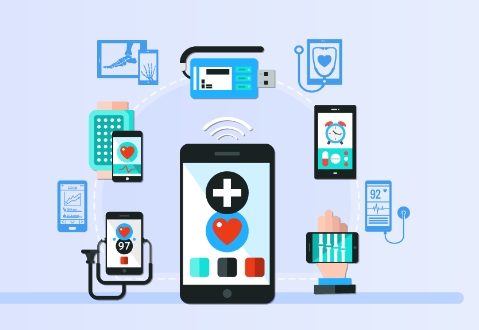Electronic Health Records (EHRs) have revolutionized the way healthcare providers manage patient information.
Improved Access to Information
EHRs allow healthcare providers to access patient information quickly and easily, leading to more efficient and accurate treatment decisions.
Better Coordination of Care
EHRs facilitate communication and collaboration among different healthcare providers, ensuring that all team members are on the same page when it comes to patient care.
Enhanced Patient Safety
EHRs can help reduce medication errors and other potential risks by providing healthcare providers with up-to-date and comprehensive information about a patient’s medical history.
Increased Efficiency and Cost Savings
By streamlining administrative tasks and reducing paperwork, EHRs can improve workflow efficiency and ultimately lead to cost savings for healthcare organizations.
Improved Patient Engagement
EHRs can empower patients to take control of their own health by giving them access to their medical records and enabling them to communicate with their healthcare providers more easily.
Challenges and Barriers to Adoption
Despite the numerous benefits of EHRs, healthcare providers still face challenges when it comes to implementing and using these systems, such as training staff and ensuring data security.
The Future of EHRs in Healthcare
As technology continues to advance, EHRs are likely to become even more sophisticated and integrated into the healthcare system, ultimately improving patient outcomes and reducing costs.

